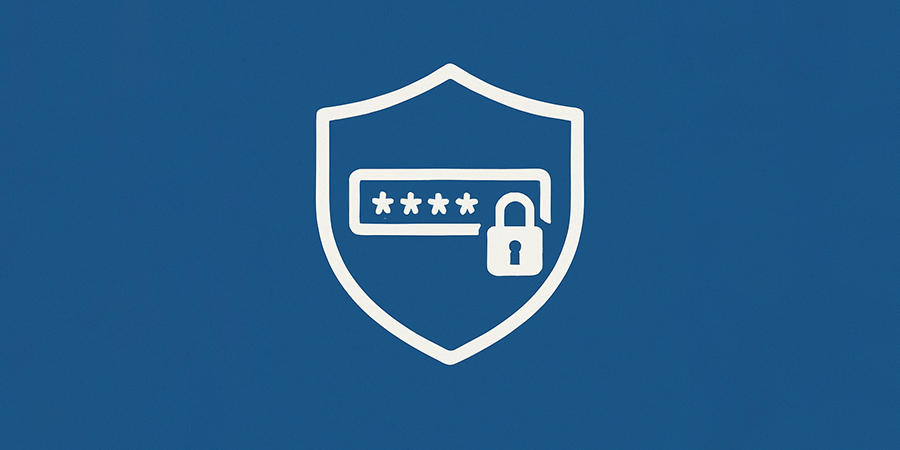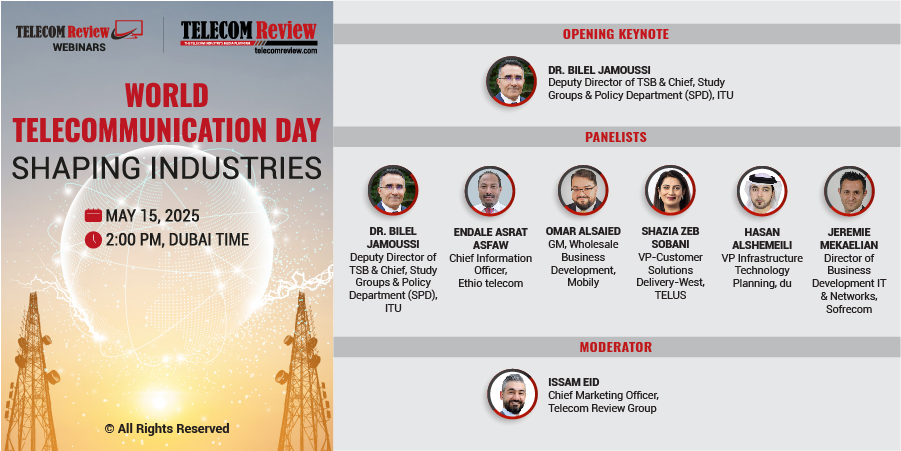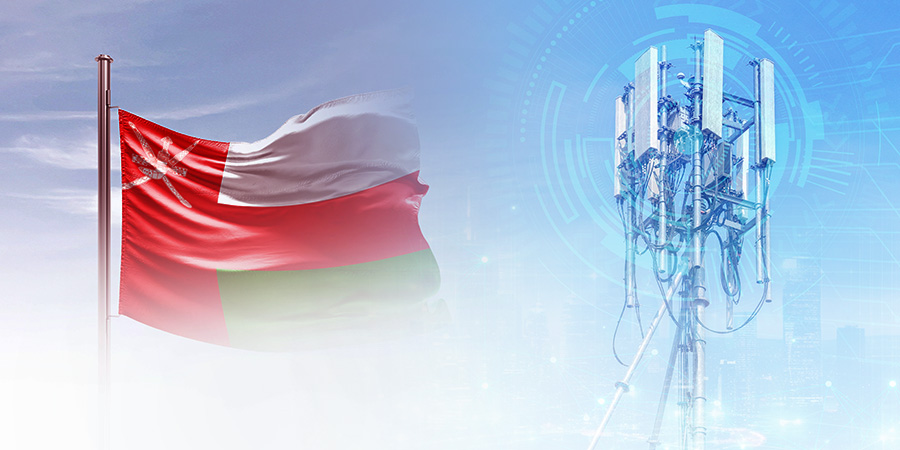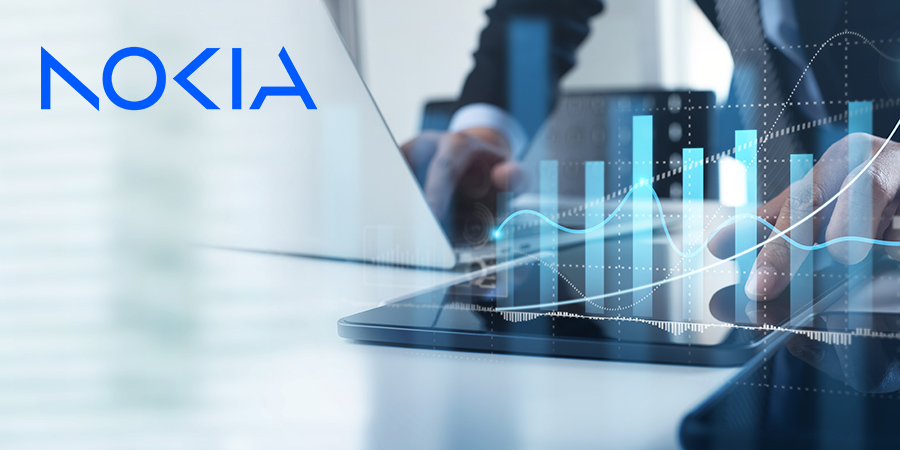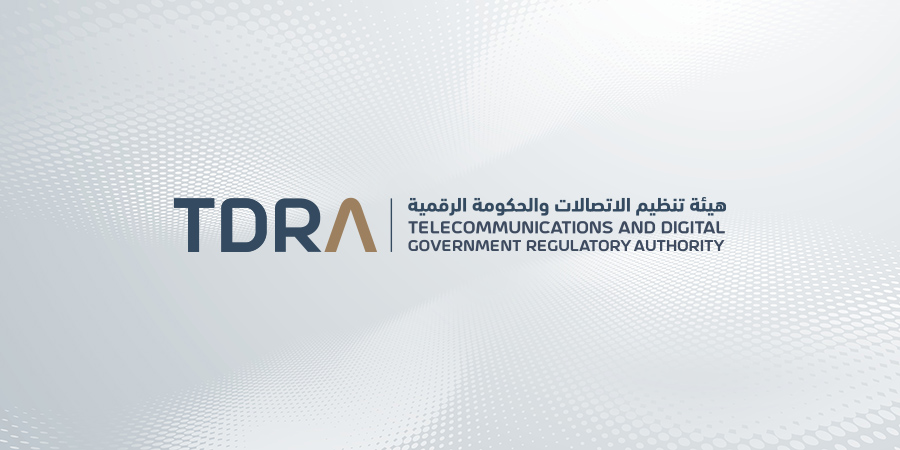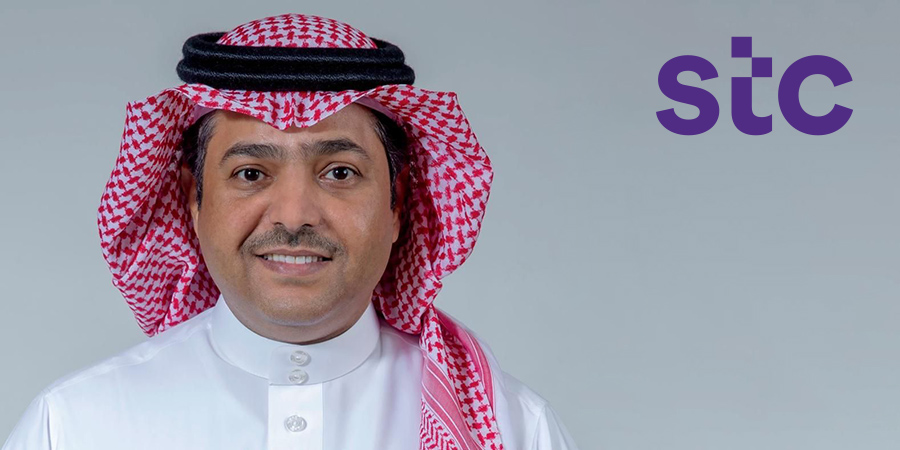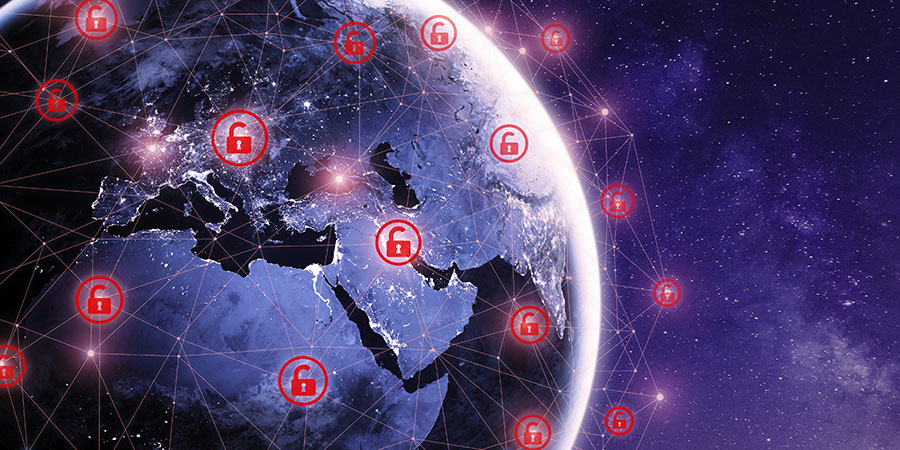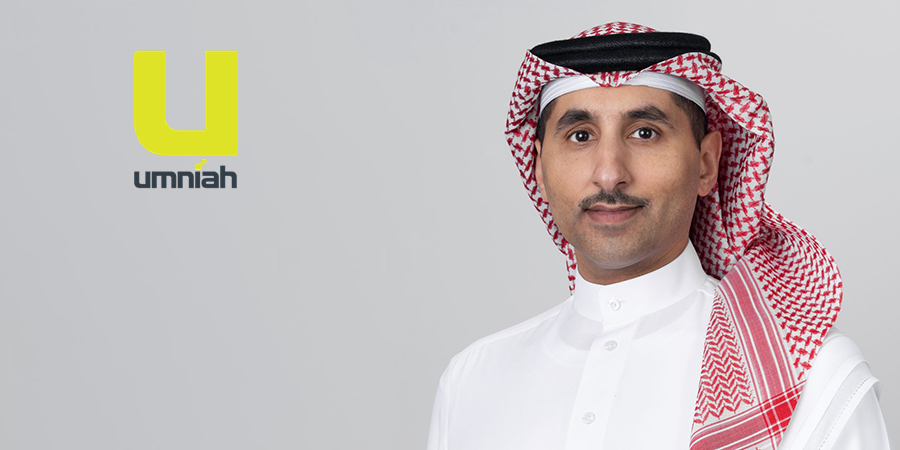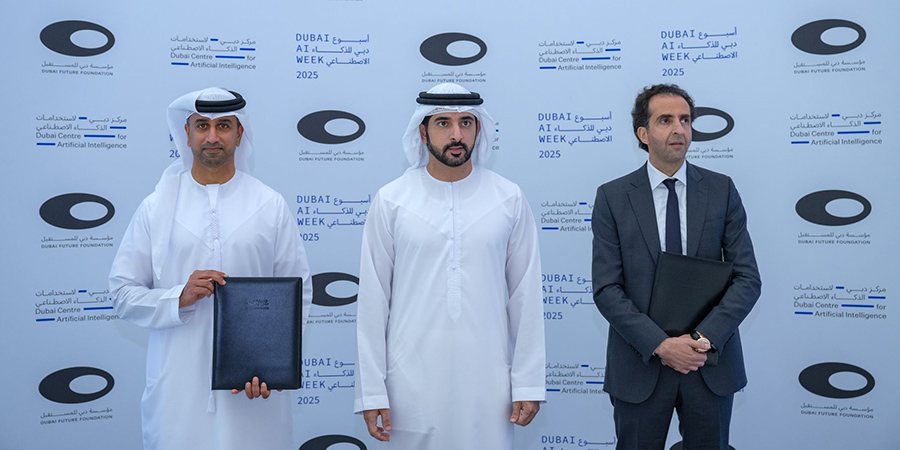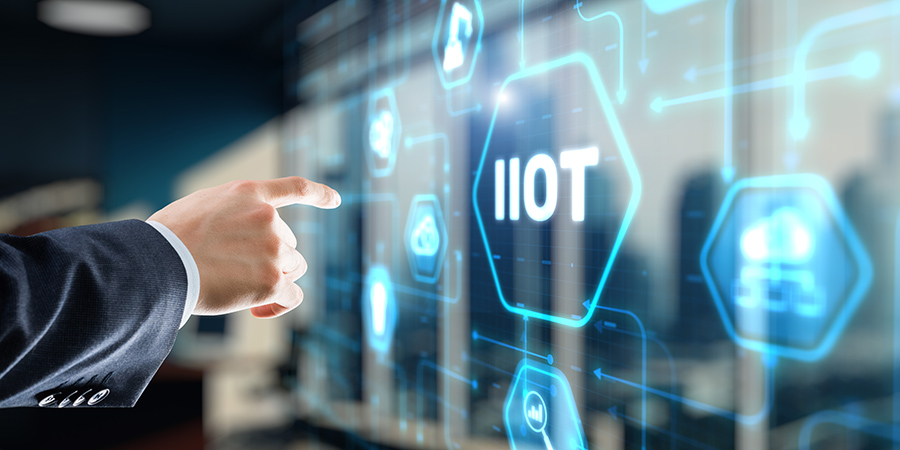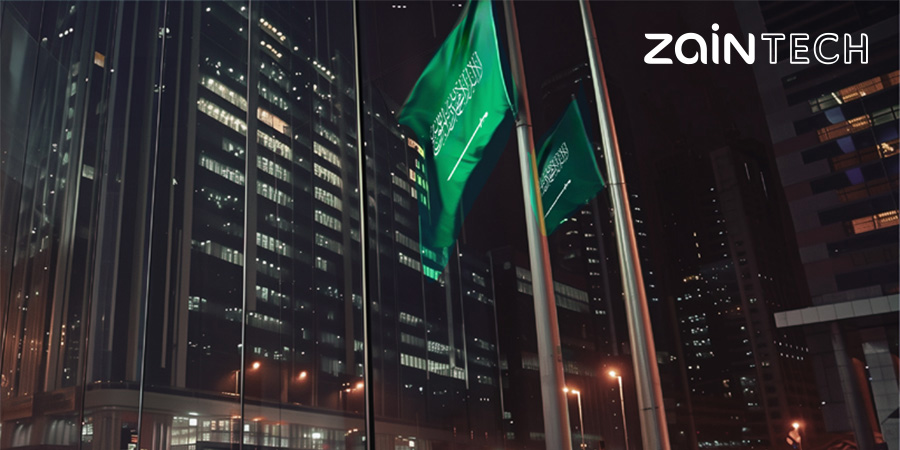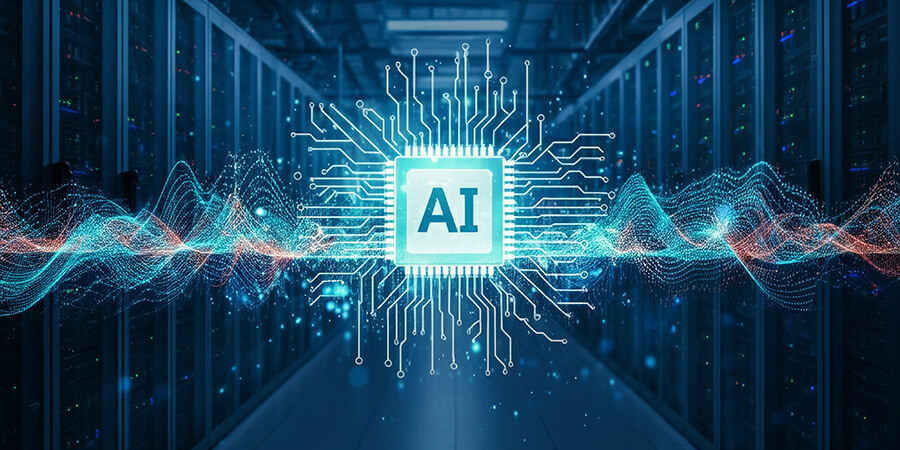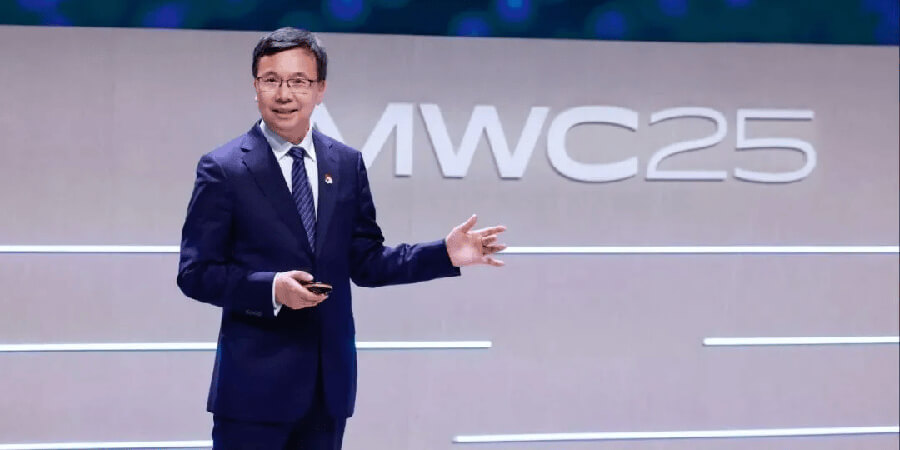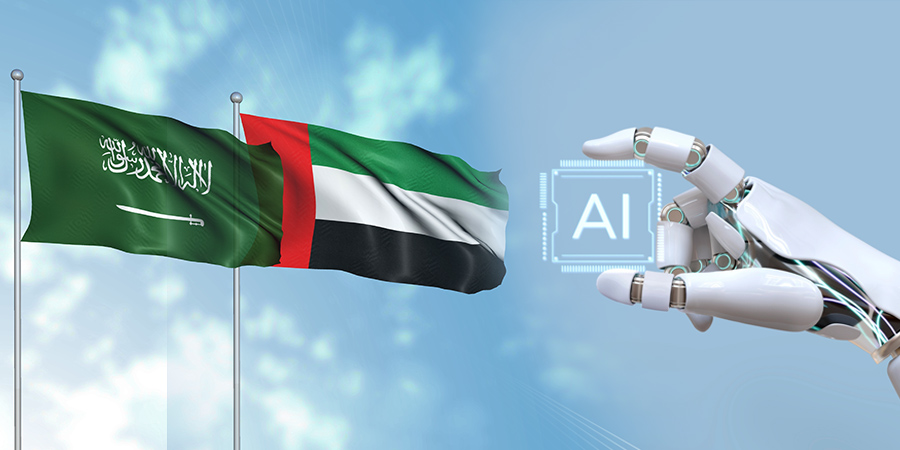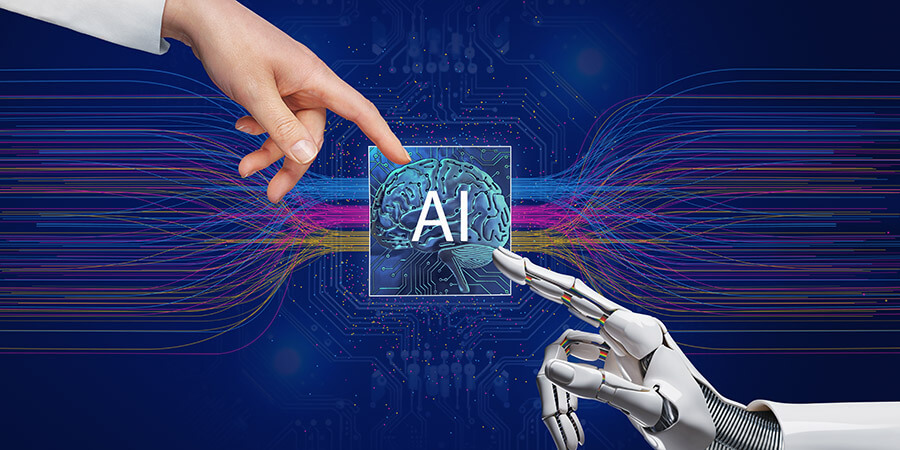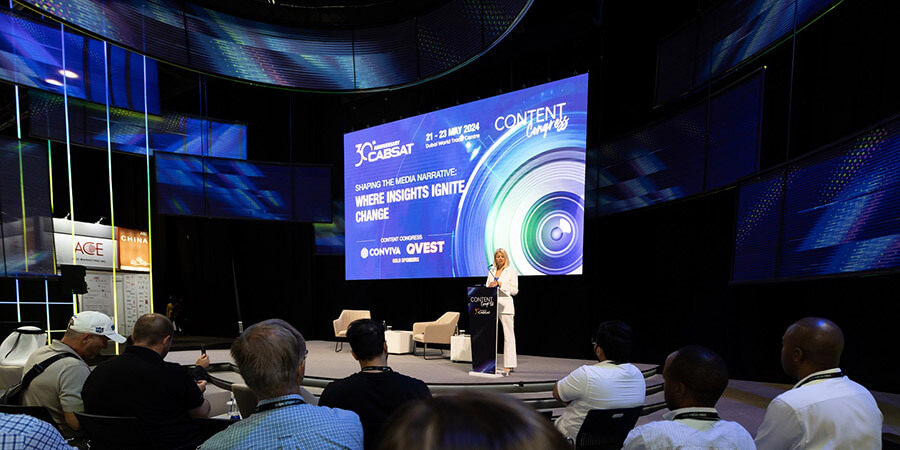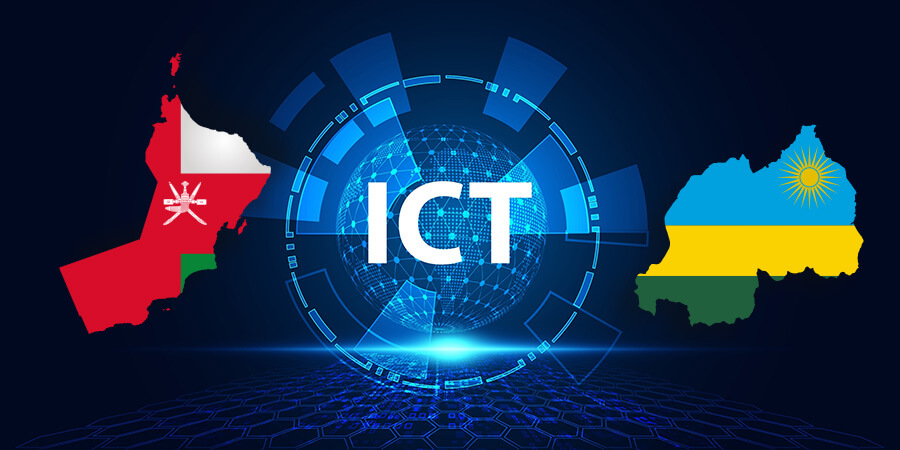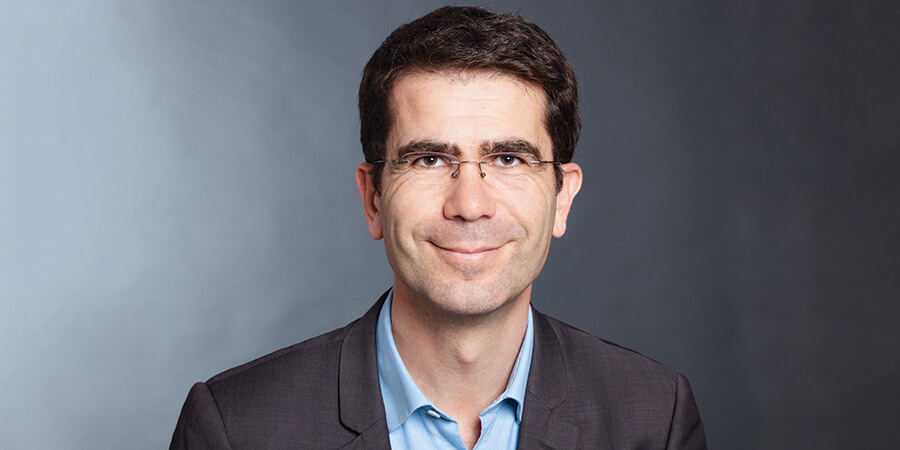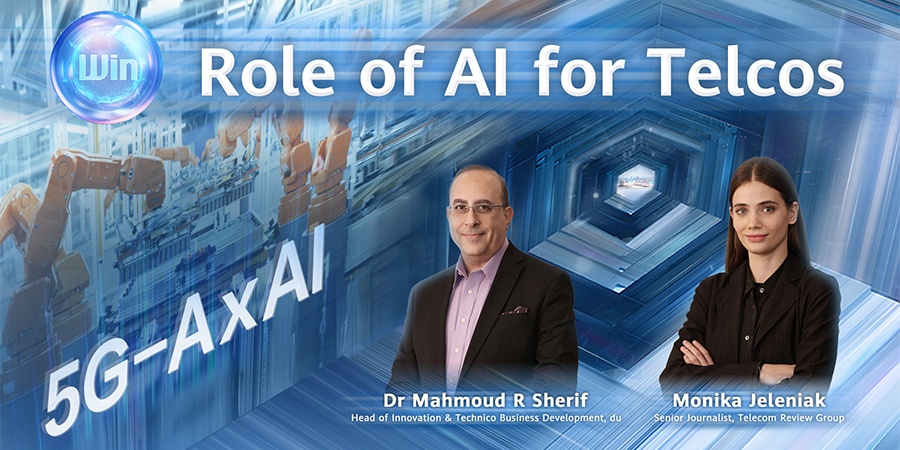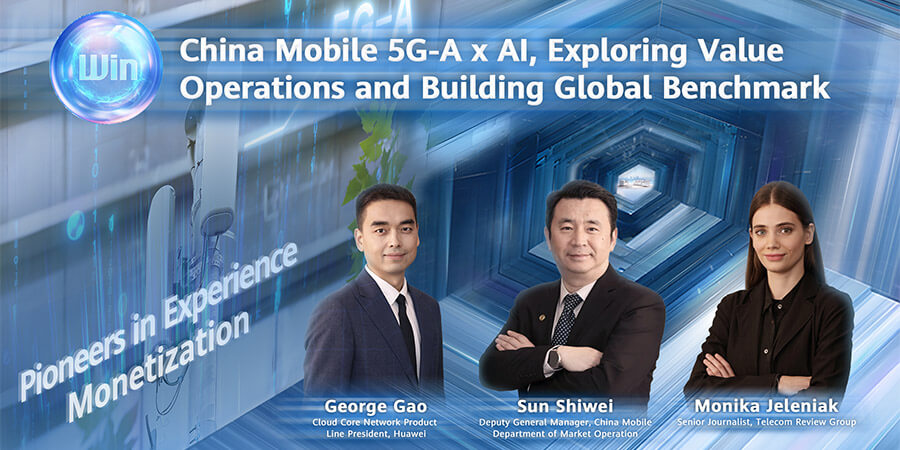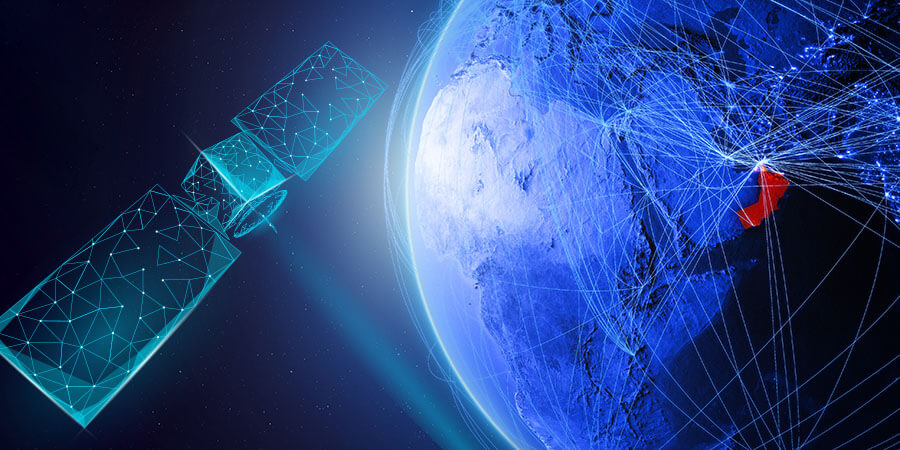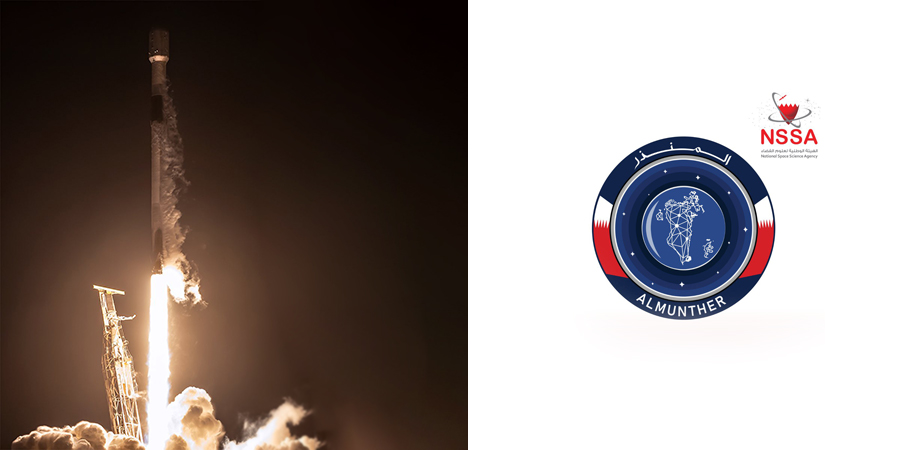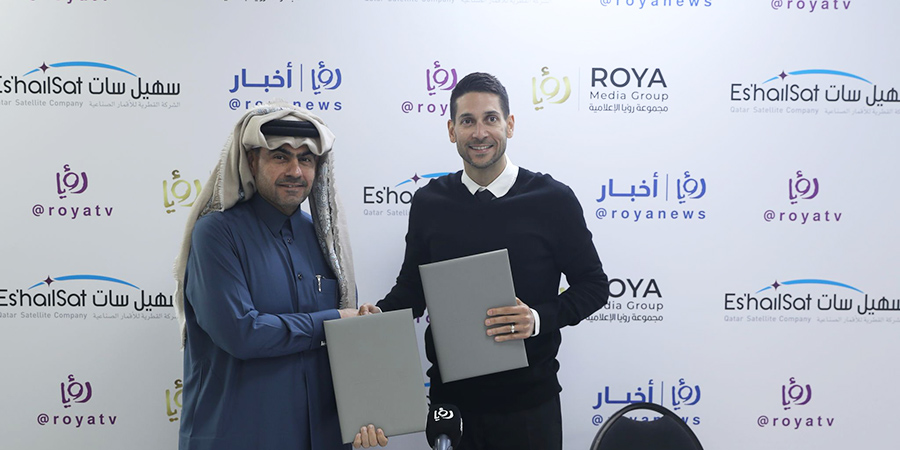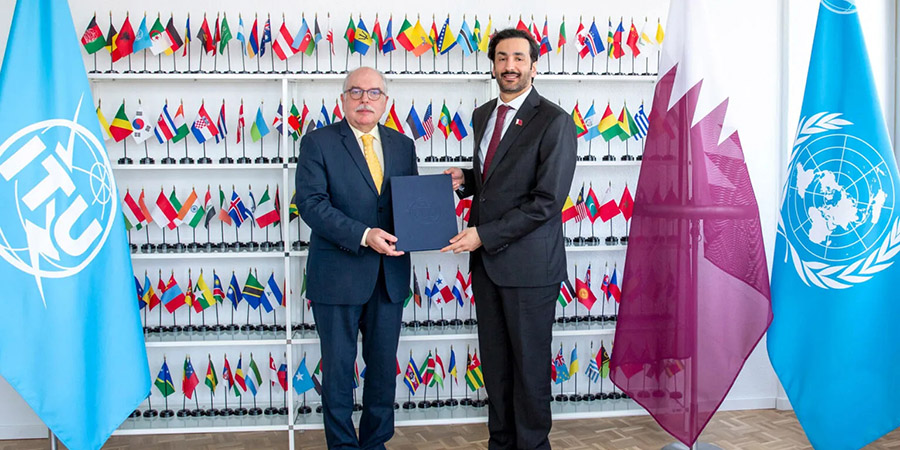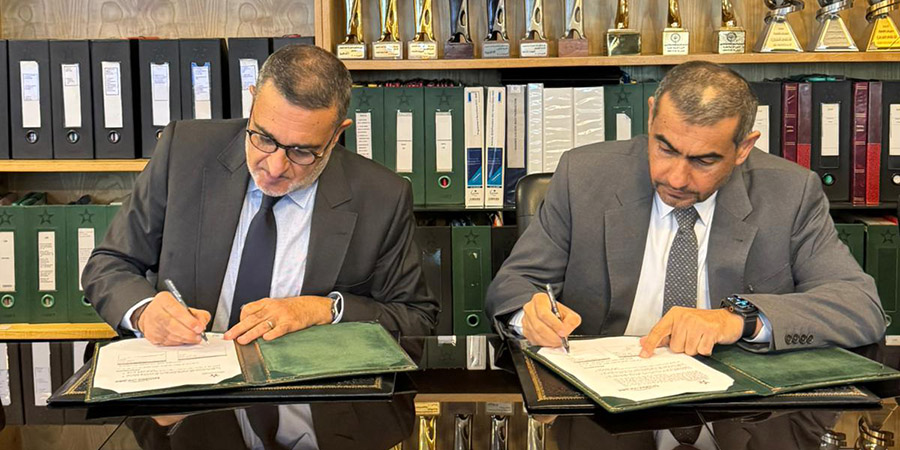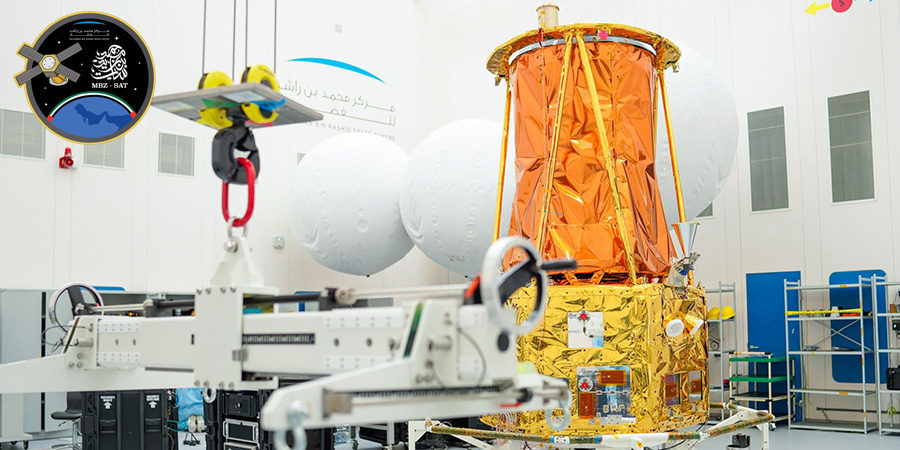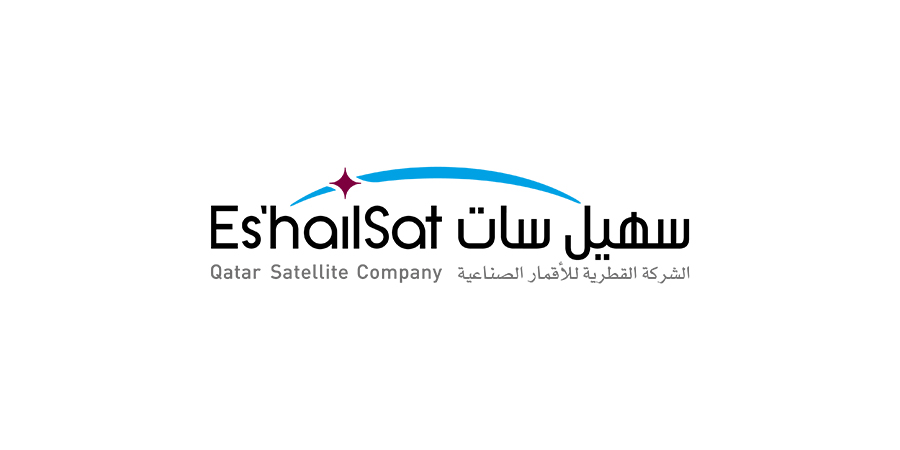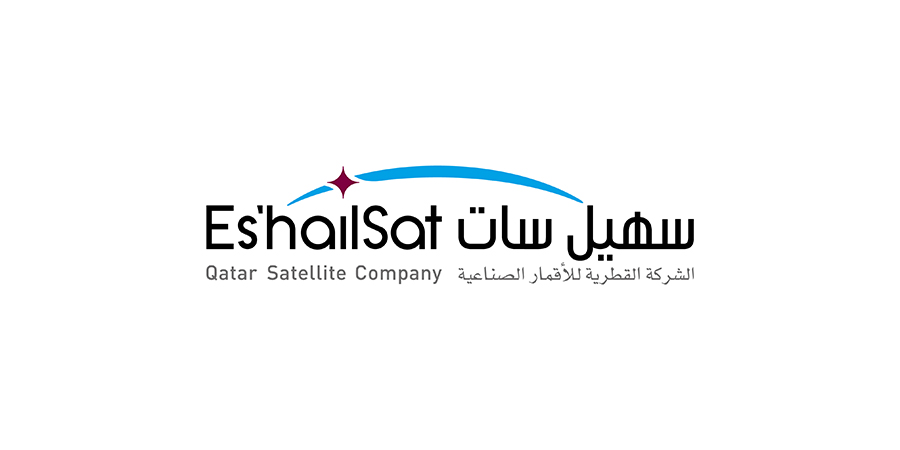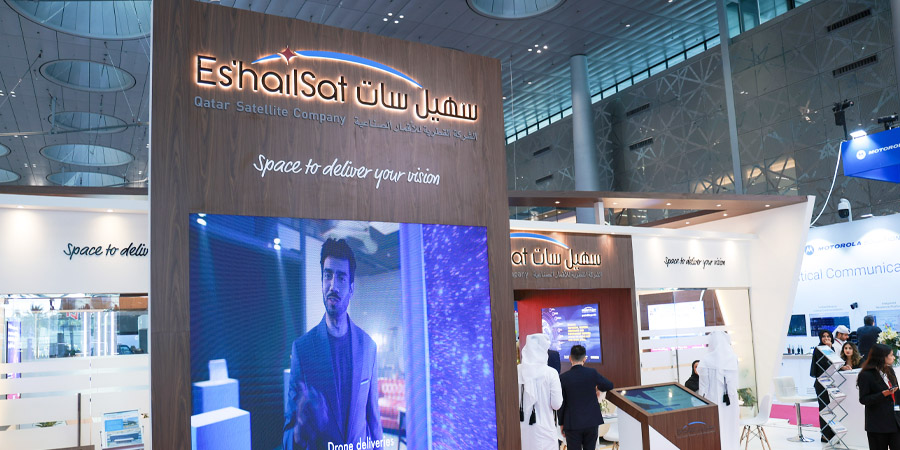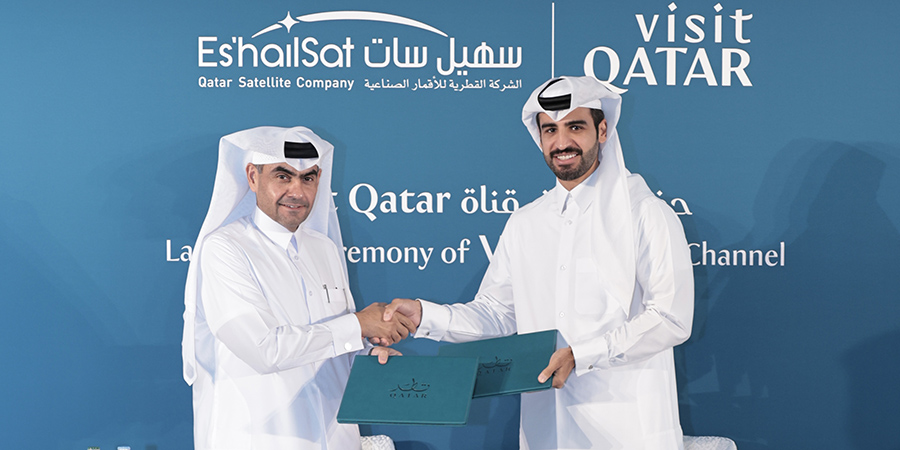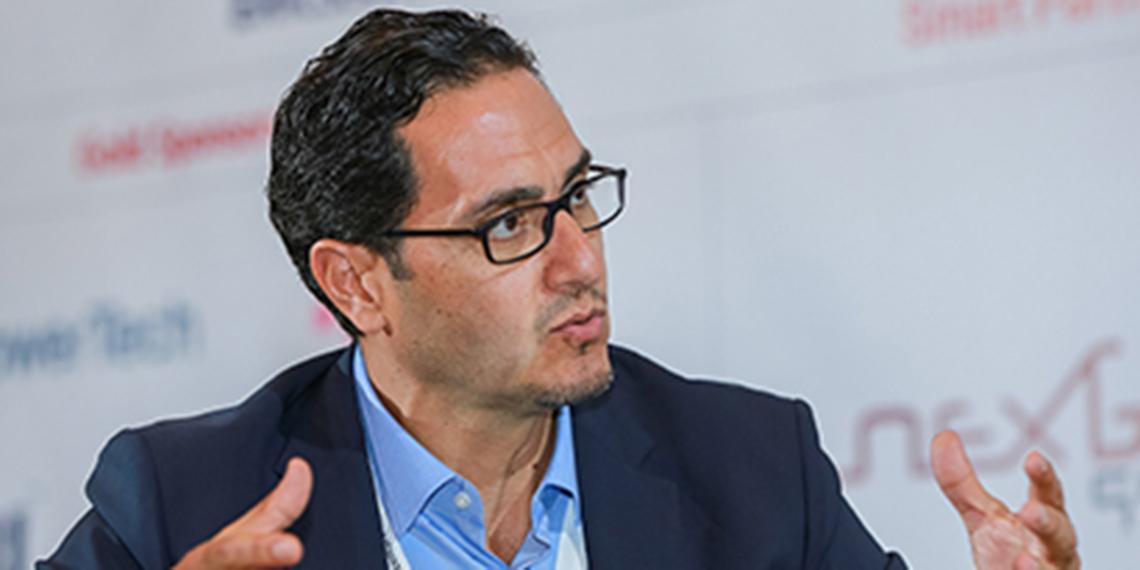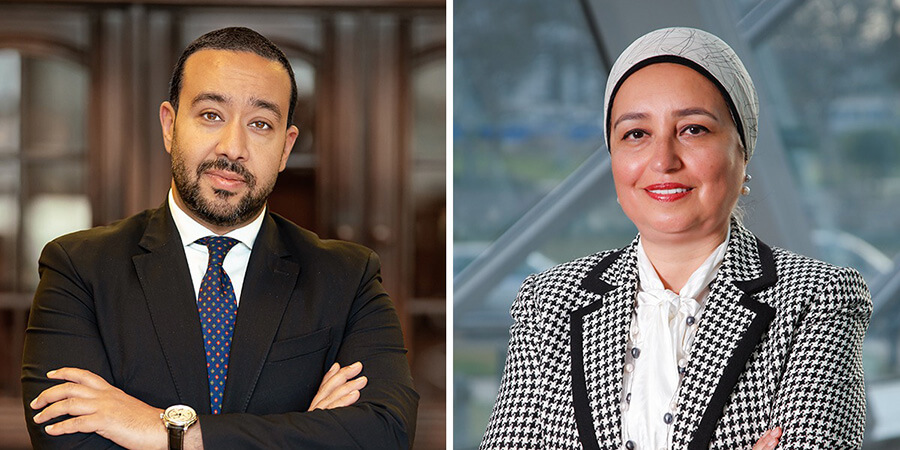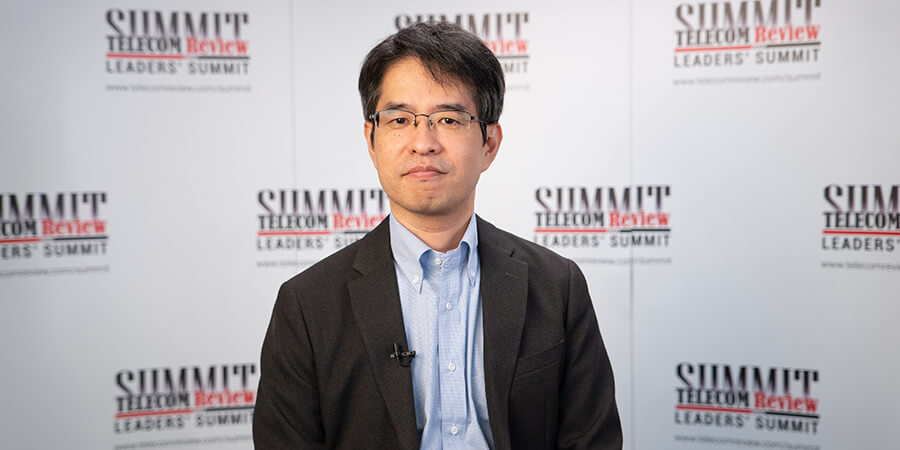Dubai set a goal to become the world's smartest city by 2017. As the leading Middle Eastern business and tourist hub, Dubai is among many cities around the world embracing ambitious smart city goals. We spoke to Ghazi Atallah, managing director at NexGen, the only consultant for the Smart Dubai project, who shared his thoughts on the ambitious strategy.
What is your interpretation of a smart city?
A smart city is about using technology as an enabler or as a fundamental block to reach established city goals. If the goals are economic development or sustainability from an environmental standpoint, the idea is to link technologies directly to the set goals in order for them to become smarter. This is a simple idea of what we at NexGen determine as smart city implementation.
A smart city strategy should be comprehensive and include all the dimensions of the city. If a city needs to be 'smart', then the city needs to look at all of the perspectives that make up the city; from the transport infrastructure, which we call "smart mobility" to the economic infrastructure, which we call "smart economy" to the living environment and quality of life, which we call "smart living". It should also address governance, policies, regulations and ICT. It should also include all of the stakeholders in the city, such as the people of the city (citizens, residents, visitors), the businessmen of the city, the private sector and of course the government.
How will we know when Dubai has reached its "smartest city" goal?
If you asked me that question a few years back, there wasn't a definitive way to determine whether a city is the smartest, compared with other cities globally. Whereas today, there is a method, or more specifically a smart city index and a set of indicators (KPIs) that allow you to measure the rate of success when transforming a basic city into a smart city. At NexGen, we are very much in tune with this - we know the exact indicators that make up a city, and we've worked with the ITU and Dubai to create a smart city index by which cities can be measured against each other or against itself so that the city can see how much progress it has made.
Can you tell us more about NexGen and its expertise?
At NexGen, we are smart city experts; one of the leading companies regionally and globally in terms of smart city implementation. Our expertise is not just technical or business or transformational or strategy, but all of the above. We look at how you can tie your smart city strategy into your overall city strategy, which is one of the first steps we take. We then look at how you can transform this into a master plan of say five years, and how to include the technical fundamental building blocks, and put in place the appropriate initiatives to make a smart city transformation. We are experts that combine strategy with policy, technology, initiatives and roadmaps, to create a master smart city plan.
We are a UAE-based company with our main office in Dubai, but our success in the past few years has been quite strong regionally and globally. We are engaged in major projects outcompeting big international companies. We have lots of projects in the UAE, but also in Saudi Arabia where we are developing a smart city master plan for Riyadh. In addition, we also operate projects in Kuwait, Qatar, Turkey and even Casablanca. We have governments that are now reaching out to us from Pakistan, Bangladesh and India, which confirms our international status in the smart city industry, and frankly we are resisting this expansion just to make sure we grow in the right way. We are being pulled because of our brand, our knowledge and expertise.
What is NexGen's role with Smart Dubai?
With Smart Dubai, we work as the consulting and advisory partner. NexGen is the only company working with Smart Dubai from a consulting standpoint, to develop the smart city master plan for Dubai. We're very proud of the work we have done and the relationship we have with Smart Dubai. Dubai today is recognized as one of the leading smart city master plans globally, leading in terms of structure, policy, aims, initiatives and so on.
Some of the latest things that we're doing in Dubai jointly with the government is working on the development of the smart city platform. This is a fundamental building block - the technology has to be there. This smart city platform will hopefully be up and running this year since the wheels are in motion. It's an important technology project because the smart city platform will eventually enable us to aggregate all of the city data, and allow us to orchestrate this data. We will have available data from government systems, private sector data, social network data and IoT sensor data.
When you combine all of this data and analyze it, the achievable outcomes will be phenomenal. Instead of having a certain government department, or a certain company's data all separated, we will soon be able to tie all of this data together, to be analyzed to make better decisions, better plans and to serve residents in a better way.
How will smart city living improve areas such as healthcare?
From a city perspective, if you want to impact quality of life, the dimension that we call "smart living", you need to look at the priorities within smart living. You need to address living conditions, healthcare, education and all of those focus areas within the city. You then need to assess how - from a technological "smart" point of view - you can impact these areas.
When we look at each area, such as healthcare, we can go into the healthcare environment in the city, the systems providing support for healthcare, the information and data that exists within healthcare systems, and look at how we can improve them through the use of the smart city platform. For example, the outcome would be to achieve quality healthcare in a very seamless way; so you could go to hospital X to receive a service and then go to hospital Y to receive a service, and your profile and medical records would be seamlessly moving with you so that your doctor would be able to have a total view of you and your medical history.
The interaction between the healthcare provider and the patient does not have to be the traditional way anymore, because today there is technology available that provides the ability to do personal check-ups, such as remotely checking your blood sugar level or heart rate. There are lots of gadgets available to do that. But to be "smart", these gadgets would sync with the entire healthcare system. The gadgets you use could provide information for your overall medical record, and could go with you to be seen by your doctor when you eventually need to visit. Tying your personal records into a system is when it becomes "smart", impacting quality of life in a holistic way.
What other ways will smart city living benefit the lives of everyday citizens?
One of the important city dimensions is "smart environment". With the energy provider in this case being DEWA, we must decide how they could implement smart infrastructure in order to deliver services in the most efficient way possible; to minimize losses, overspending and also to educate stakeholders and consumers about ways they can be as efficient as possible by providing them with data.
It's very difficult as a consumer to do something about your overconsumption when you receive a bill at the end of the month. All you can do is compare it to the previous bill and wonder why the bill is more expensive. To empower the consumer and give them the opportunity to be more efficient with their energy consumption, you need to give them as much real-time data as possible, instead of simply sending a bill. An organization like DEWA can in real-time give their consumers knowledge about their electricity spending compared with the previous month, and also share information about where majority of energy is being used. The consumer can then be guided into a more energy efficient way of life.
In some places around the world where such practices have been implemented, we've seen reductions in energy spending reduced by up to 20 and 30 percent. It's much more difficult to achieve this at a city level. The 20 to 30 percent reductions were only seen at district levels, but it is still very significant. To be able to carry this out, you have to build the right infrastructure or an effective system; the smart grid, the consumer interfaces and the smart meters, which are all part of what Dubai is implementing.
Transforming a basic city into a smart city is no small task. How does NexGen go about it?
Smart Dubai is an ongoing transformation program which doesn't stop. We've moved along quite well in Dubai in the sense of transforming the city and including the authorities. We already have somewhere near to 700 smart initiatives implemented, and we're building a platform that will allow these to multiply in terms of efficiency, because it's not just about the number of initiatives, but also the effectiveness of each initiative and service. Particularly in Dubai, the aim for 2017 is to be the smartest city in the world, and this is only a year away from now. We will need to do a lot more in terms of transformation.
At NexGen, we put together smart city master plans. Our approach is quite unique in terms of transforming cities. The smart city master plan that we've implemented in Dubai, and are implementing in Riyadh and other global cities, is to figure out the economic objectives, and then figure out where the city stands in terms of smart technology and also from a data perspective. We think about what it is exactly that we want to achieve by setting long term goals with policies, regulations, guidelines, initiatives and services that will allow the city to reach these goals. This transformation program is our methodology.
Cyber security is an issue for any technology-based city. What are your thoughts on cyber security when it comes to Smart Dubai?
Safety is one of the principal pillars of the Smart Dubai strategy. The safety of the platform is an essential element. In the case of cyber security, the key stakeholders within the city who are responsible for security are of course totally involved in the Smart Dubai project and are looking at the requirements from a cyber security point of view. We've got leading experts in cyber security participating in the setup of the platform and the security policies.
When you look at a smart city platform, people immediately start thinking about security of data, which is fair enough. You do want to have the right security in place when you create a strategic platform. The way I see it is that data today is spread out over various government departments and areas of the private sector, and I would dare to say that the data where it sits now is not as well protected as it would be in a smart city platform. Because when you build a platform, you are building a lot of security around it and securing it to the best extent possible. Rather than being haphazard across many different stakeholders, data within a smart platform is brought together and protected much better.
Once Dubai has reached its goal and become the smartest city, where does NexGen go from there? What other projects are you working on for 2016 and beyond?
Smart Dubai is one of the most important strategic projects for us at NexGen and has become a global benchmark. One of the things we are already engaged with, starting in January 2016, is the Smart Riyadh project, which is the next project we are undertaking at a city level in terms of transformation. It's a very strategic city in the region; very large and very complex to transform, but we are quite excited about it. We are working with the Riyadh Development Authority to make it happen. Hopefully we will achieve the same levels of success as we have with Smart Dubai.
We also do a lot of work at a district level as opposed to a city level, working with mega real estate developers. We are currently working on many strategic smart city districts, having partnered with companies such as Amar, Aldar, Msheireb in Qatar, and others in the UAE and Saudi Arabia. We don't just advise our customers, but also participate in the implementation of our projects so that we can ensure our plans follow through. What differentiates us from other similar companies out there is that we care about our projects and will give advice that is practical and implementable. We are willing to say no when we have to, and do the right thing by our customers.




